Search

Indian Corn & Popcorn
Beautifully hued ears of dried ornamental corn appear this time of year in autumn decorations. In South Dakota, each fall the Corn Palace at Mitchell sports fresh murals from the naturally colored corn.
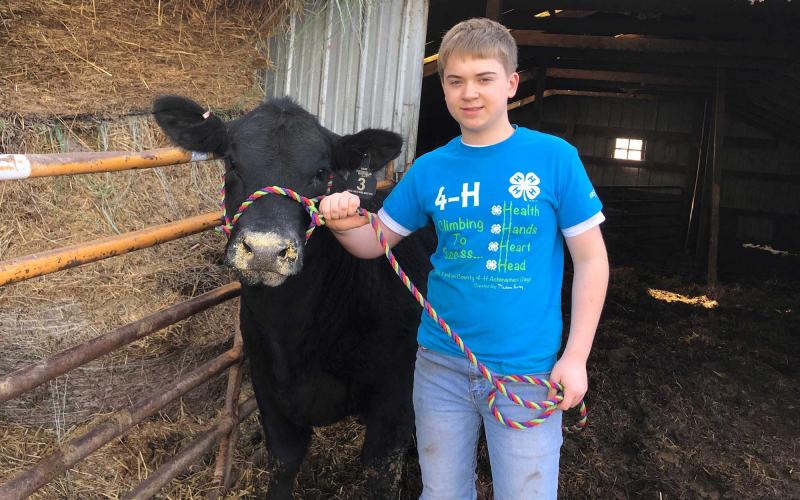
Kralicek Learns Self-Discipline Through 4-H
Patrick Kralicek has been a member of South Dakota 4-H for six years and has learned many new skills, including self-discipline.
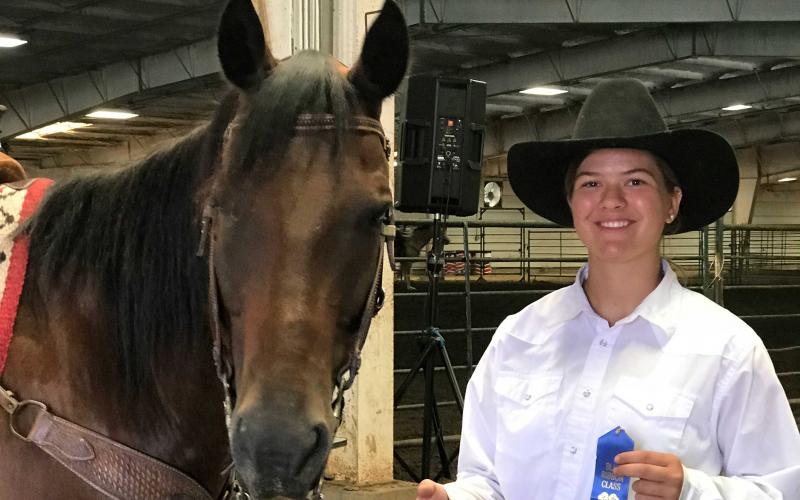
Life Lessons Gained in 4-H
Rose Eitemiller started 4-H as a Cloverbud in Charles Mix County and has continued through her high school career. Along the way, she has learned lessons that she will take with her throughout life.

SDSU Extension to Hold Workshops for Beginning Farmers/Ranchers Looking for Land
August 04, 2020
SDSU Extension will host Farmland for the Next Generation, an eight-week virtual workshop series, beginning August 31.
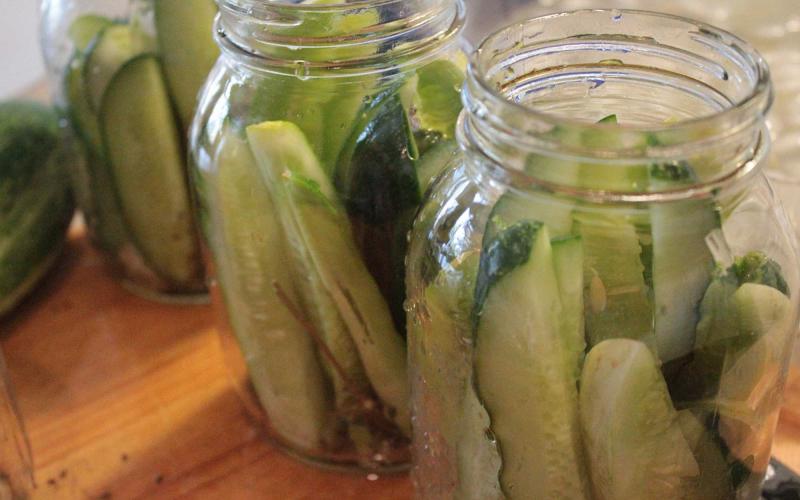
Quick Fresh-Pack Dill Pickles
Try this research-tested recipe for quick, fresh-pack dill pickles courtesy of the National Center for Home Food Preservation.
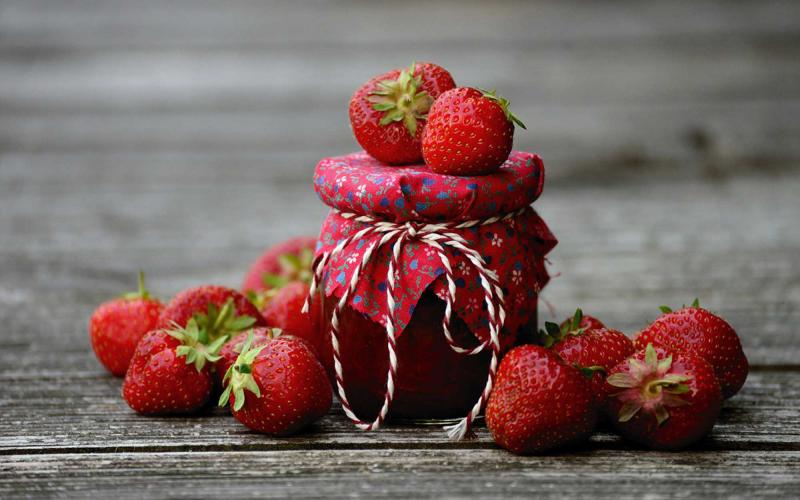
Strawberry Jam
Try this research-tested recipe for homemade strawberry jam courtesy of the National Center for Home Food Preservation.
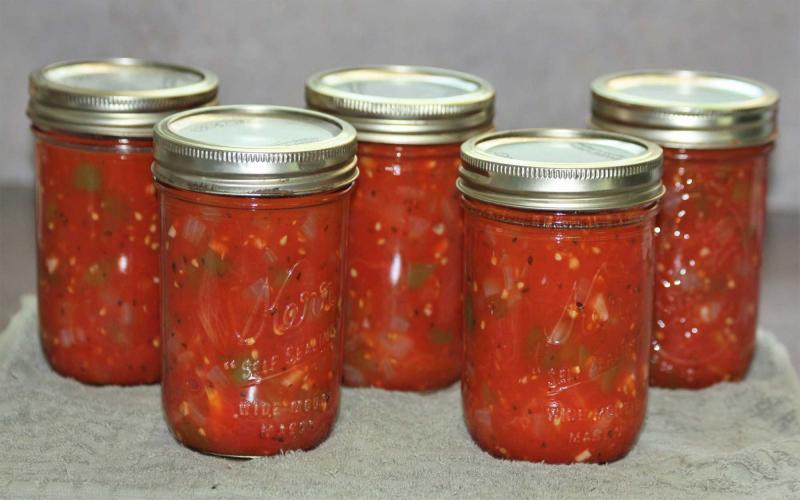
Canned Tomato Salsa
Try this research-tested recipe for canned tomato salsa courtesy of the National Center for Home Food Preservation.

Canned Carrots
Try this research-tested recipe for canned carrots courtesy of the National Center for Home Food Preservation.
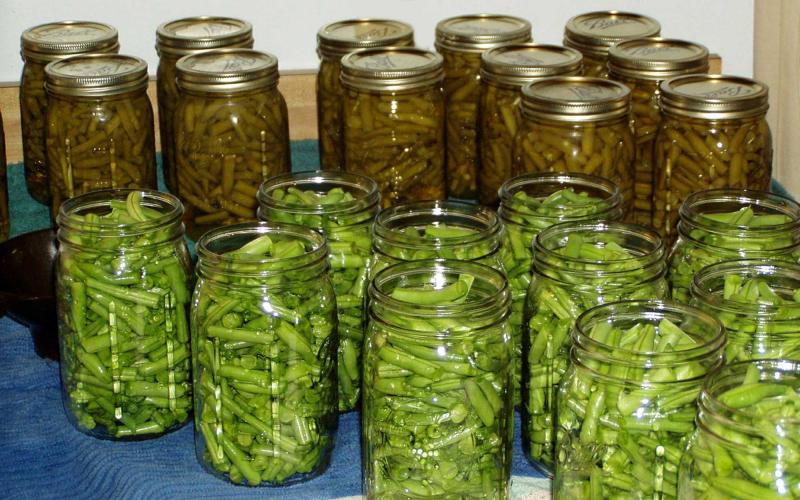
Canned Green Beans
Try this research-tested recipe for canned green beans courtesy of the National Center for Home Food Preservation.
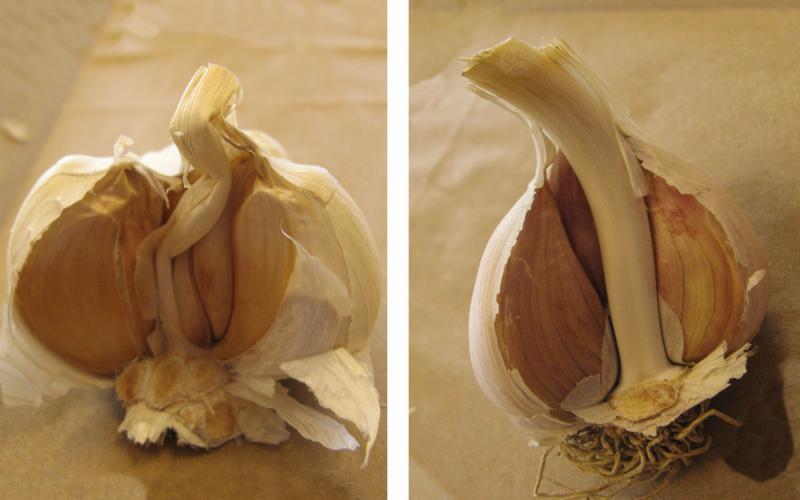
Planting Garlic
Garlic is planted late in the fall, before the soil freezes. It is easy to grow, takes very little space and is a true treat. Grow some yourself this fall to enjoy next year!